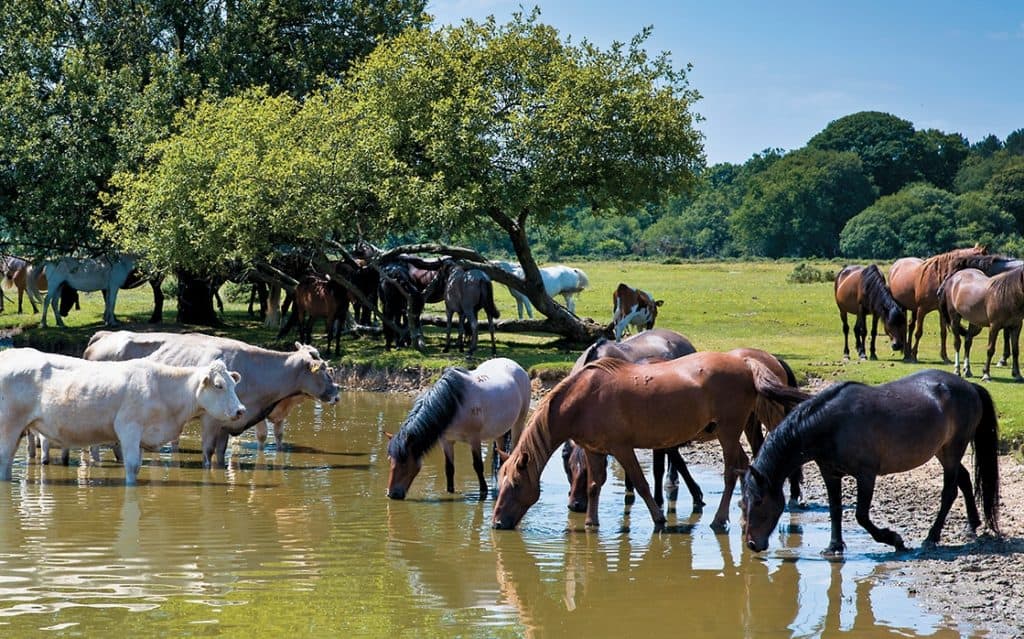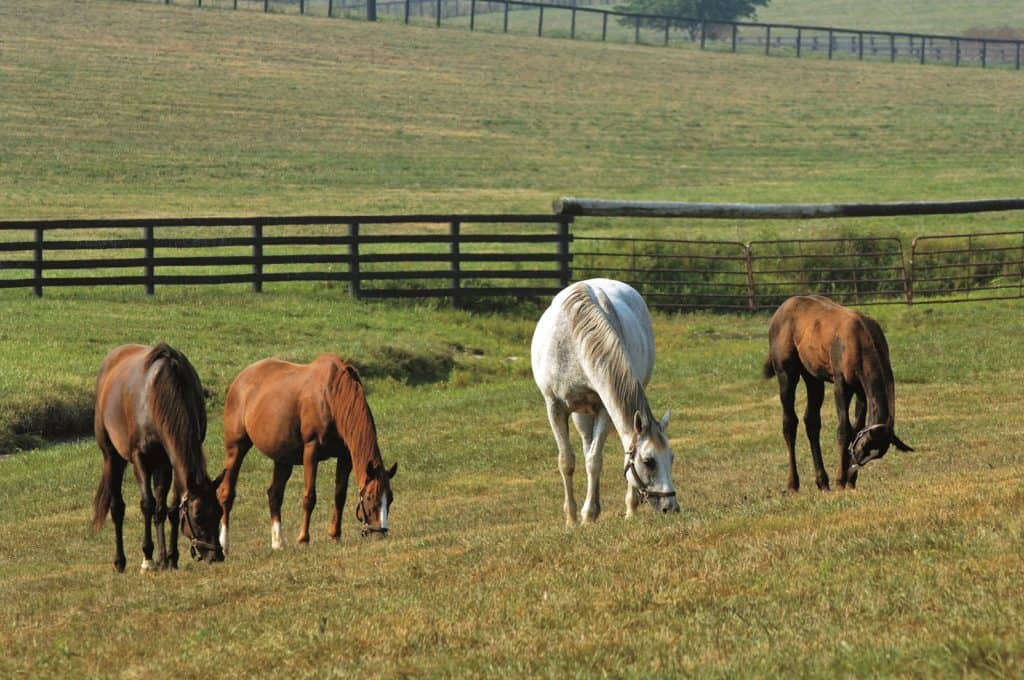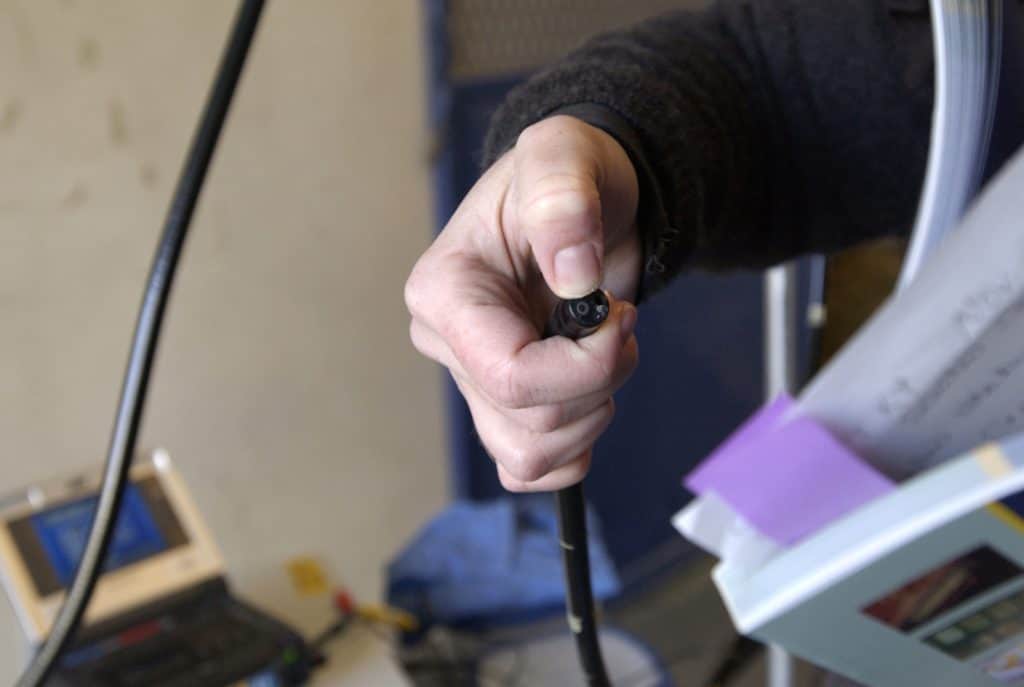Show Smart: Be Aware of Virus Outbreaks
Take steps to prevent your horse from contracting potentially deadly diseases such as EHV or rabies during competitions.
Take steps to prevent your horse from contracting potentially deadly diseases such as EHV or rabies during competitions.

Two Saddlebred horses tested positive for the non-neuropathogenic strain. One of the horses has been euthanized.
The Reproductive Diseases in Horses Symposium will take place Nov. 19 in Lexington, Kentucky.

Because the mare’s uterus is not designed to support two pregnancies, veterinarians have developed methods for detecting and reducing twins.

Asymptomatic carrier stallions maintain infectious agents in the breeding population from one season to the next.

The same bacterium causes two very different conditions in horses. Dr. Craig Carter explains.
Reported diseases include African horse sickness, herpesvirus, influenza, strangles, and equine infectious anemia.

Leptospirosis is a serious bacterial disease that causes both recurrent uveitis (“moon blindness”)—especially in Appaloosas, draft horses, and Warmbloods—and abortion in horses. But now there’s a vaccine to prevent it. Is your horse is at risk?

Hydrotubation involves passing an endoscope through the cervix and uterus into the oviduct and flushing it with saline.

Researchers found that particular genetic types of E. coli responded to the various antibiotics differently.

Biosecurity isn’t just a consideration for show horses. Here are some tips on how to keep breeding stock disease-free.

Behaviorist Dr. Sue McDonnell shares research-based insight into how a mare’s temperament might influence her foal.

Researchers are exploring whether various diagnostic biomarkers could help assess fetoplacental well-being in mares.

Hysteroscopy involves running a flexible endoscope through the uterus to check for abnormalities.

The 18-year-old Quarter Horse mare from Newport was euthanized at Washington State University.

Researchers found that AFP could be a useful biomarker to help assess neonatal health soon after birth.
Stay on top of the most recent Horse Health news with
"*" indicates required fields